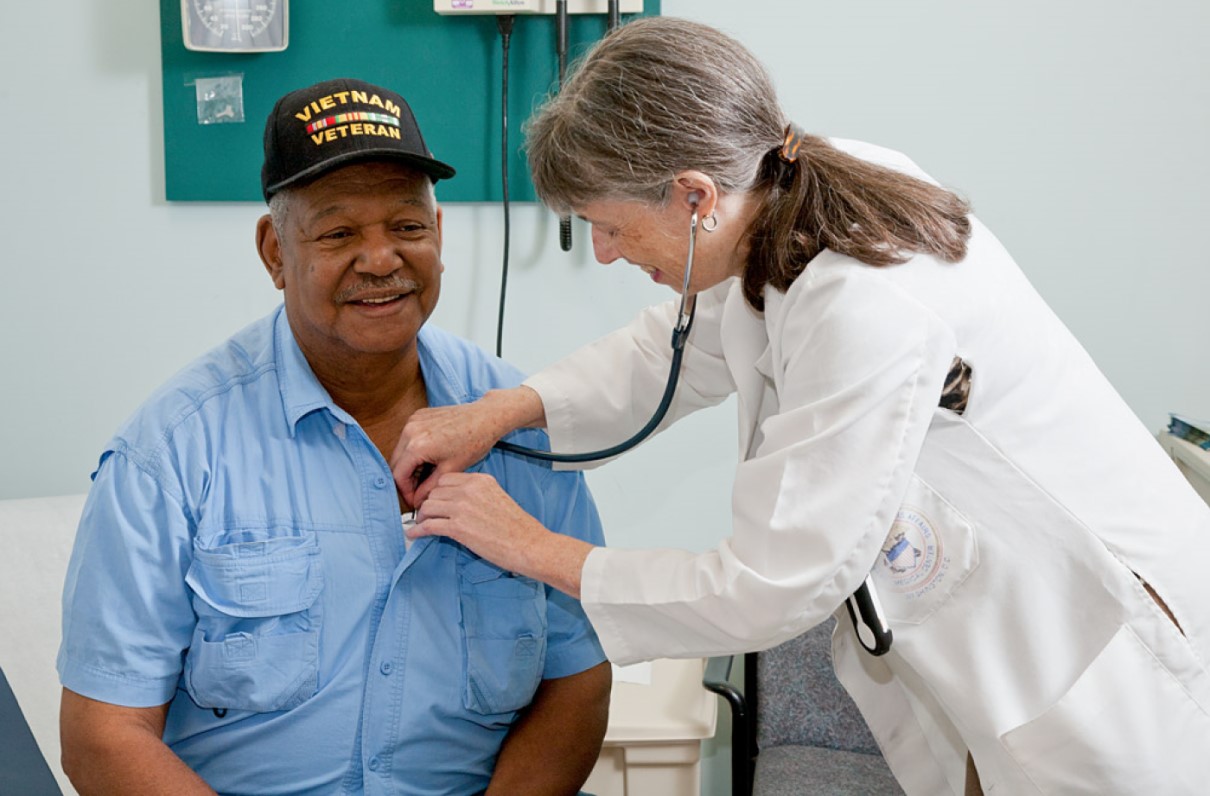A MOAA backed study in generous partnership with the United Health Foundation on the health of those who've served shows they are more likely to report their health as “good” or “excellent,” than their civilian counterparts but they're also more likely to suffer from a litany of chronic diseases and to engage in unhealthy behaviors.
The America's Health Rankings Health of Those Who Have Served Report compiled responses from more than 1 million participants from 2015-2016. Some of the findings:
- Those who've served are more likely to have cancer (10.9 percent, compared with 9.8 percent of civilians), cardiovascular disease (9.8 percent to 7.2 percent), and arthritis (24.7 percent to 22.8 percent) than their civilian counterparts.
- Those who've been in uniform have higher rates of excessive drinking (21.4 percent, compared with 18.6 percent of civilians), smoking (19.9 percent to 16.6 percent) and insufficient sleep (42.5 percent to 34.6 percent) than civilians, as well as more than double the rate of smokeless tobacco use (8.7 percent to 3.5 percent).
- Despite the above, 56.3 percent of those who've served reported being in good or excellent health, compared with 51.1 percent of those who didn't serve.
Those who've served also show a tendency to engage in preventative health care services at a greater rate than their civilian counterparts, with more of them visiting the dentist (69.6 percent, compared with 65.2 percent of civilians), getting a flu vaccine (50.6 percent to 37.0 percent), and undergoing a colorectal cancer screening (72.4 percent to 66.0 percent).
The report compared its survey findings with a similar survey from 2011-2012. Those comparisons showed some improvements in key health areas among those who've served: Declines in drinking and smoking, for instance, and greater access to health insurance.
It also showed some troubling trends, particularly among women who've served - their rates of suicidal thoughts more than tripled, for example, from 1.8 percent in 2011-12 to 7 percent in 2015-16.
These and other mental health findings from the report “are concerning,” said Kathy Beasley, USN (Ret), director of MOAA's government relations health affairs. “We will continue to highlight these and others to officials in both the DoD and the VA and with Congressional policymakers on the committees and in testimony.”
MOAA has partnered with the United Health Foundation for nearly four years, Beasley said, with the goal of determining how the unique demands of military service may affect long-term health “so that research and public policy can be directed toward understanding and improving these factors and conditions.”
A key MOAA goal is to strengthen DoD and VA collaboration and services to support wounded warriors and an expanding population of women veterans. This study demonstrates the need for MOAA's continued advocacy and provides key indicators for lawmakers and the government to use in implementing needed changes and improvements.
